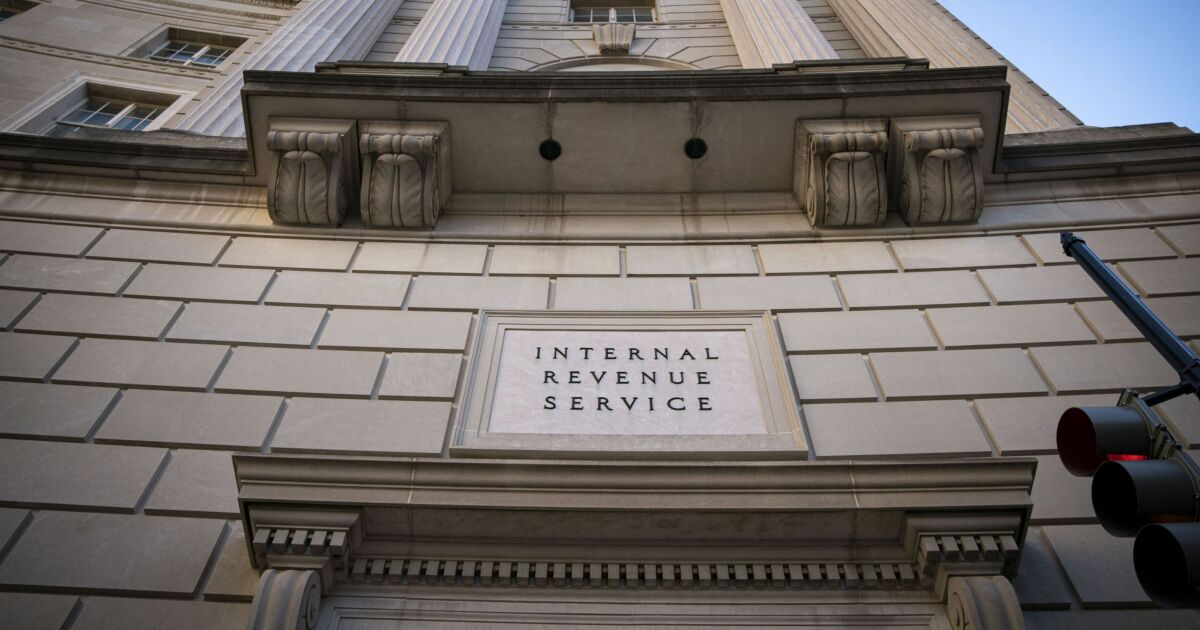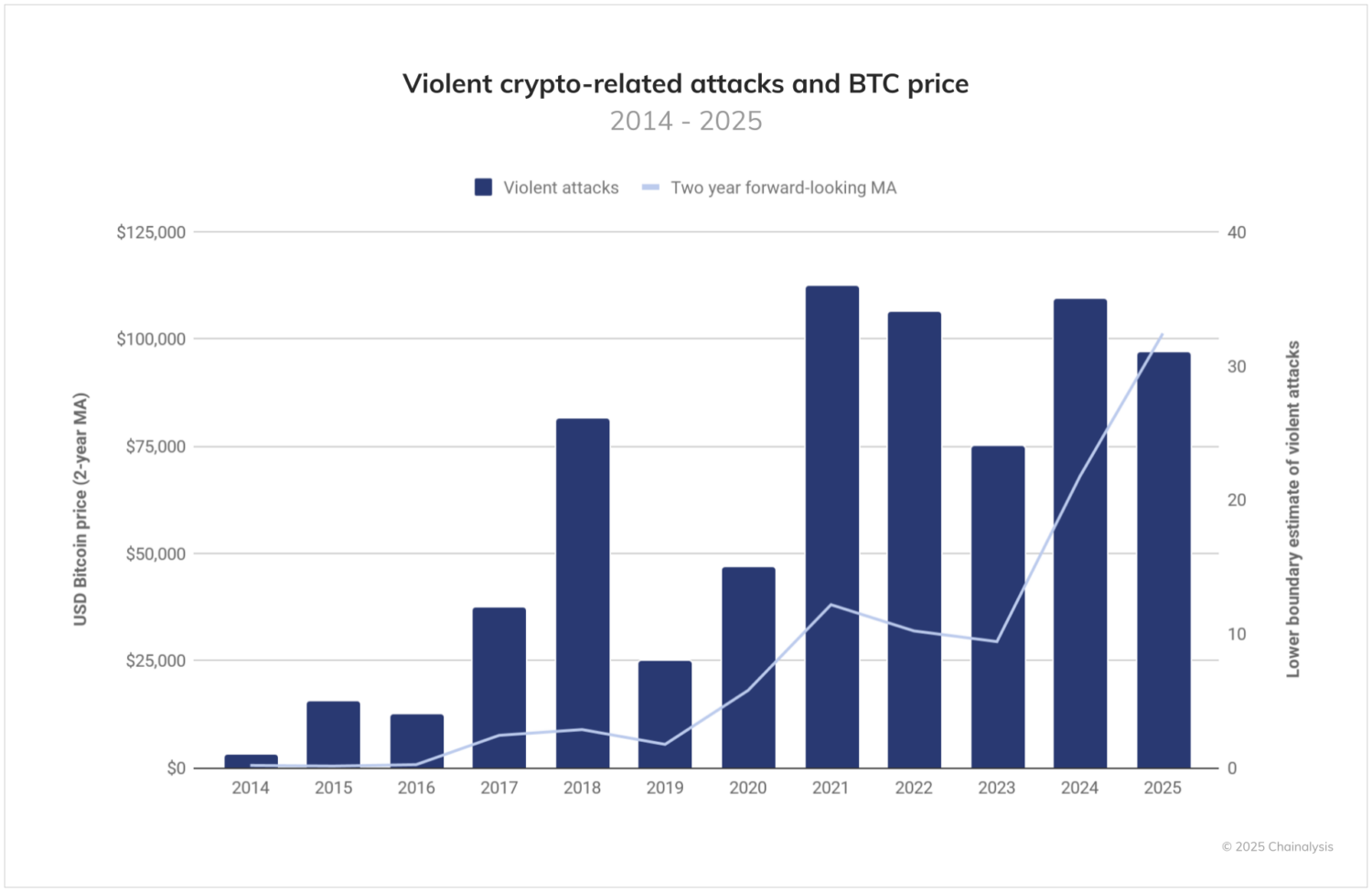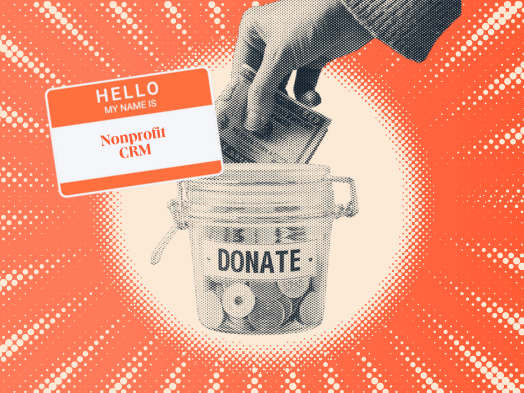Unlock the White House Watch newsletter for free
Your guide to what the 2024 US election means for Washington and the world
President Joe Biden is expected to block a $15bn deal by Japan’s Nippon Steel to buy US Steel, ending months of frantic lobbying and delivering a setback to Washington’s relationship with its closest Asia-Pacific ally.
In one of his final actions in government, Biden — long opposed to the takeover — is expected to announce as soon as Friday his decision to kill the proposed acquisition of the iconic American steelmaker, according to two people familiar with the matter.
One of those people said the White House had yet to notify Nippon Steel about the decision.
The president’s expected move comes after an inter-agency investment screening review, known as the Committee on Foreign Investment in the US (Cfius), failed to reach consensus by a December 23 deadline on whether the acquisition posed a national security threat.
Two people close to the situation said Nippon Steel was likely to take legal action against the outgoing president’s ruling.
One person said such an action could, during the discovery process, reveal the extent to which the decision had been led by politics rather than national security concerns. The process would also expose the limitations of the Cfius process and its vulnerability to political interests.
Nippon Steel declined to comment.
President-elect Donald Trump had also threatened to quash the deal and vowed to protect the Pittsburgh-based company through a mix of tariffs and tax incentives.
The year-long saga’s conclusion marks the failure of an audacious gambit by the Japanese group that soon morphed into a sensitive political issue in an election year. It also represents a significant departure from the US’s long-standing open investment environment.
Biden’s decision risks undercutting four years of work to reassure allies such as Japan of their special relationship with the US amid strategic competition with China and a shift towards protectionism, support for trade unions and an “America first” sentiment in US politics.
US and Japanese government officials fear broader ramifications for investment and M&A by Japan and other partners in America and implications for the solidity of the US-Japan alliance.
Takahiro Mori, vice-president at Nippon Steel, spearheaded last-ditch efforts by the Japanese steelmaker to win over government officials and union members in Washington and Pennsylvania.
Those efforts included a new proposal this week that offered the government a veto over any reductions in steelmaking capacity at the majority of Nippon Steel’s plants in the US, adding to an array of other assurances on jobs and investment.
The gesture followed concerns from Cfius that US Steel could lower domestic steel production under Japanese ownership, affecting industries of national importance.
However, those moves were of little avail, even as some of Biden’s senior advisers tried to talk him out of obstructing the deal.
Its death marks a victory for Katherine Tai, the US trade representative, and David McCall, president of the United Steelworkers union, who were the deal’s two staunchest opponents.
Credit: Source link










